Calendar of the Best Events in Portugal
We suggest you check the dates below with a tour desk, as they can vary greatly from year to year. Sometimes last minute adjustments are made due to scheduling issues.
January
São Gonçalo and São Cristovão Festival, Vila Nova de Gaia, on the other side of Porto river. These resemble fertility rites and are two of the most popular religious festivals in Portugal. An image of São Gonçalo is paraded through the narrow streets as the revelers beat drums. Boatmen along the Douro carry a figure of Saint Kitts with a huge head down the river. Much port wine is drunk, and phallic-baked cakes are consumed by all
February to April
Carnival (Mardi Gras), throughout the country, namely in Nazareth, Ovar, Loulé and Funchal (Madeira). Each city has its unique way of celebrating this final festival before Lent. Masked markers, flower-decorated floats, and satirically decorated vehicles mark the occasion. Food and wine are consumed in abundance. For details, see the National Tourism Office of Portugal. February or March.
Easter, all over Portugal. Some of the most notable parties take place in Póvoa de Varzim, Ovar, and especially in the city of Braga, where Holy Week processions feature masked protesters and floats, fireworks, folk dances and torch parades. For details, see the National Tourism Office of Portugal. March or April.
May
Feasts of the Crosses, Barcelos, on the Cávado River, near Braga. Since 1504, this festival has been celebrated with a procession of the Miracle of the Cross centered on a carpet made of millions of flower petals. Women in colorful regional dress adorn with large gold chains. A gigantic fireworks display on the river signals the end of the festival.
First pilgrimage of the year to Fatima. In 1930, the bishop of Leiria authorized pilgrimages to this place. Today, people from all over the world come here to commemorate the Virgins first appearance to the shepherds in 1917. The last pilgrimage of the year is in October. Make hotel reservations months in advance or plan to stay in a nearby city. For more information, call the Fatima tourism office www.rt-leiriafatima.pt Mid May.
June
National Agriculture Fair (also known as the Ribatejo Fair), Santarém, north of Lisbon on the Tagus River. This is the most important agricultural fair in Portugal. The best horses and cattle in all provinces are on display, and horse shows and bullfighting animate the festival. Food pavilions feature various regional cuisines.
São João Festival, Porto, home of the famous Port wine. Honoring St. John, this colorful festival features bonfires, singing and dancing all night, and processions of locals in colorful costumes. ( www.portoturismo.pt ) for more information. June 23rd and 24th.
Popular Saints Festivals, all over the city of Lisbon. The celebrations begin on June 13 and 14 at Alfama, with parties in honor of Santo Antônio. Commemorative parades of the citys patron saint feature marches (parading groups of singers and musicians) along Avenida da Liberdade, and there is plenty of singing, dancing, drinking wine and eating roasted sardines. On June 23 and 24, for the feast of St. John the Baptist, bonfires light up the night and participants jump over them. The night of the final celebration is the feast of St. Peter on June 29th. Lisbon tourist office www.visitlisboa.com provides details on where some of the events are staged, although much of the action is spontaneous. Mid June to June 30th.
São Pedro Festivals, Montijo, near Lisbon. This festival in honor of St. Peter has been held since medieval times. The last day features a boat blessing and a colorful procession. Baked sardines are the main menu item. Bull breeders bring their animals to the city and release them through the streets to chase after young fools, who are often injured or killed permanently. There are also bullfights. On the final night, participants observe the pagan rite of setting fire to a vessel and offering it as a sacrifice to the Tagus River.
July
Incarnado vest, Vila Franca de Xira, north of Lisbon on the banks of the Tagus River. Like the most famous Pamplona fair in Spain, this festival involves bulls crossing narrow streets, followed by sensational bullfights in which aficionados consider Portugals best bullring. Dance Fandango and competition to the rodeo style between the herdsmen of Ribatejo (cowboys) mark the event. For more information
Estoril Festival. Outside Lisbon, in the Estoril beach resort, this classical music festival occupies two concert halls that were built for the 500th anniversary of Columbuss first trip to the New World. For more information, write the Estoril Coast International Music Association, Galerías Estoril, Lisbon Estoril Street www.estorilfestival.net). From early July until the first week of August (dates vary).
August
Feast of Our Lady of Monte, Madeira. In Assumption Eve and Day (August 14-15), the islands most important religious festival begins with devout worship and climax in a burst of fun. Music, dance, food and drink and caresses last until dawn. For more information,
Feasts of the Lady of Agony, Viana do Castelo, at the mouth of the Lima river, north of Porto. The most spectacular festival in the north honors Our Lady of Suffering. A replica of the Virgin is carried through the streets on flower rugs. The bishop directs a procession of fishermen to the sea to bless the boats. Float-filled parades mark the 5-day and night event as a time of revelry and celebration. A flame of fireworks ends the festival .
September
Pilgrimage of Our Lady of Nazareth, Nazareth, the most famous fishing village of Portugal. The event (Nossa Senhora da Nazaré) includes folk dances, singing and bullfighting. The great attraction is the procession that takes the image of Our Lady of Nazareth to the sea. For more information, call tel. 26 / 255-00-10. From early to mid September.
October
Last Pilgrimage of the Year to Fatima brings thousands of pilgrims from all over the world descending on Fatima to mark the occasion of the Virgins last apparition, which is said to have taken place on October 12, 1917. October 13
January
February to April
Carnival (Mardi Gras), throughout the country, namely in Nazareth, Ovar, Loulé and Funchal (Madeira). Each city has its unique way of celebrating this final festival before Lent. Masked markers, flower-decorated floats, and satirically decorated vehicles mark the occasion. Food and wine are consumed in abundance. For details, see the National Tourism Office of Portugal. February or March.
Easter, all over Portugal. Some of the most notable parties take place in Póvoa de Varzim, Ovar, and especially in the city of Braga, where Holy Week processions feature masked protesters and floats, fireworks, folk dances and torch parades. For details, see the National Tourism Office of Portugal. March or April.
Feasts of the Crosses, Barcelos, on the Cávado River, near Braga. Since 1504, this festival has been celebrated with a procession of the Miracle of the Cross centered on a carpet made of millions of flower petals. Women in colorful regional dress adorn with large gold chains. A gigantic fireworks display on the river signals the end of the festival.
First pilgrimage of the year to Fatima. In 1930, the bishop of Leiria authorized pilgrimages to this place. Today, people from all over the world come here to commemorate the Virgins first appearance to the shepherds in 1917. The last pilgrimage of the year is in October. Make hotel reservations months in advance or plan to stay in a nearby city. For more information, call the Fatima tourism office www.rt-leiriafatima.pt Mid May.
June
São João Festival, Porto, home of the famous Port wine. Honoring St. John, this colorful festival features bonfires, singing and dancing all night, and processions of locals in colorful costumes. ( www.portoturismo.pt ) for more information. June 23rd and 24th.
Popular Saints Festivals, all over the city of Lisbon. The celebrations begin on June 13 and 14 at Alfama, with parties in honor of Santo Antônio. Commemorative parades of the citys patron saint feature marches (parading groups of singers and musicians) along Avenida da Liberdade, and there is plenty of singing, dancing, drinking wine and eating roasted sardines. On June 23 and 24, for the feast of St. John the Baptist, bonfires light up the night and participants jump over them. The night of the final celebration is the feast of St. Peter on June 29th. Lisbon tourist office www.visitlisboa.com provides details on where some of the events are staged, although much of the action is spontaneous. Mid June to June 30th.
São Pedro Festivals, Montijo, near Lisbon. This festival in honor of St. Peter has been held since medieval times. The last day features a boat blessing and a colorful procession. Baked sardines are the main menu item. Bull breeders bring their animals to the city and release them through the streets to chase after young fools, who are often injured or killed permanently. There are also bullfights. On the final night, participants observe the pagan rite of setting fire to a vessel and offering it as a sacrifice to the Tagus River.
Incarnado vest, Vila Franca de Xira, north of Lisbon on the banks of the Tagus River. Like the most famous Pamplona fair in Spain, this festival involves bulls crossing narrow streets, followed by sensational bullfights in which aficionados consider Portugals best bullring. Dance Fandango and competition to the rodeo style between the herdsmen of Ribatejo (cowboys) mark the event. For more information
Estoril Festival. Outside Lisbon, in the Estoril beach resort, this classical music festival occupies two concert halls that were built for the 500th anniversary of Columbuss first trip to the New World. For more information, write the Estoril Coast International Music Association, Galerías Estoril, Lisbon Estoril Street www.estorilfestival.net). From early July until the first week of August (dates vary).
August
Feasts of the Lady of Agony, Viana do Castelo, at the mouth of the Lima river, north of Porto. The most spectacular festival in the north honors Our Lady of Suffering. A replica of the Virgin is carried through the streets on flower rugs. The bishop directs a procession of fishermen to the sea to bless the boats. Float-filled parades mark the 5-day and night event as a time of revelry and celebration. A flame of fireworks ends the festival .
September
Pilgrimage of Our Lady of Nazareth, Nazareth, the most famous fishing village of Portugal. The event (Nossa Senhora da Nazaré) includes folk dances, singing and bullfighting. The great attraction is the procession that takes the image of Our Lady of Nazareth to the sea. For more information, call tel. 26 / 255-00-10. From early to mid September.
October
Last Pilgrimage of the Year to Fatima brings thousands of pilgrims from all over the world descending on Fatima to mark the occasion of the Virgins last apparition, which is said to have taken place on October 12, 1917. October 13
Outros Artigos Populares no Blogue
-
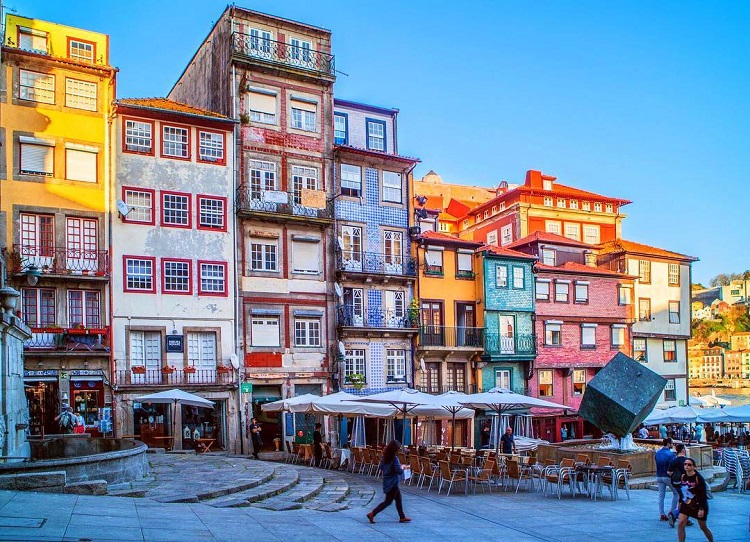

Portugal the country that surprises the world El País traveled from north to south
Over the past four years, the countrys image has changed dramatically, and even seemed exaggerated. As the authentic Portugals, which fell into b... -
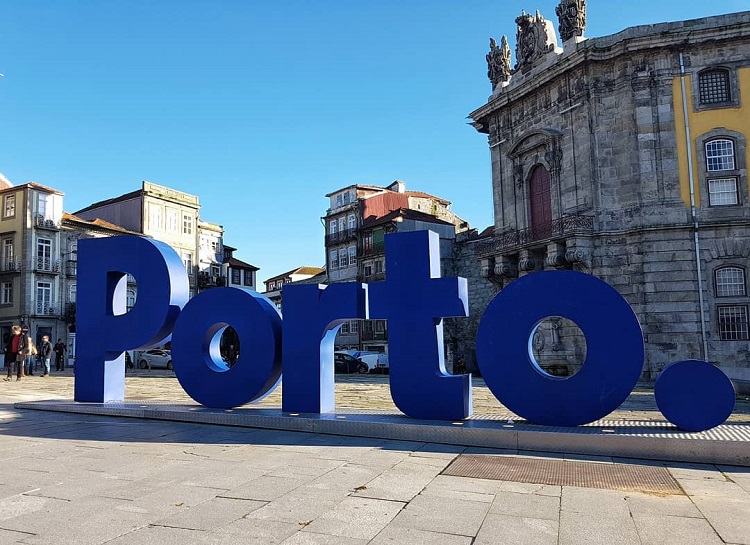

The 10 Best Destinations for Family Holidays in Portugal
Bragança Capital of the Trás os Montes region, although little explored by tourism, it is always a pleasant destination for tho... -


Azores awarded the best European holiday destination
The Azores have won the Quality Coast Gold Award as the best sustainable holiday destination in Europe. With the main objective of promotin... -
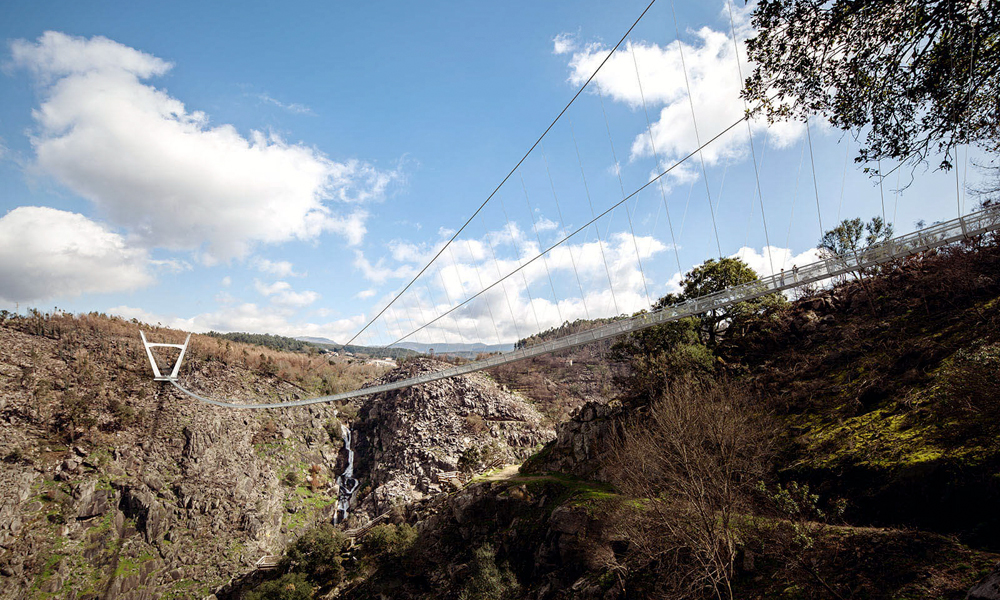

Portugal will have the largest suspension pedestrian bridge in the world we already have images
It is in the municipality of Arouca that is being born the "largest suspension pedestrian bridge in the world" and the construct... -
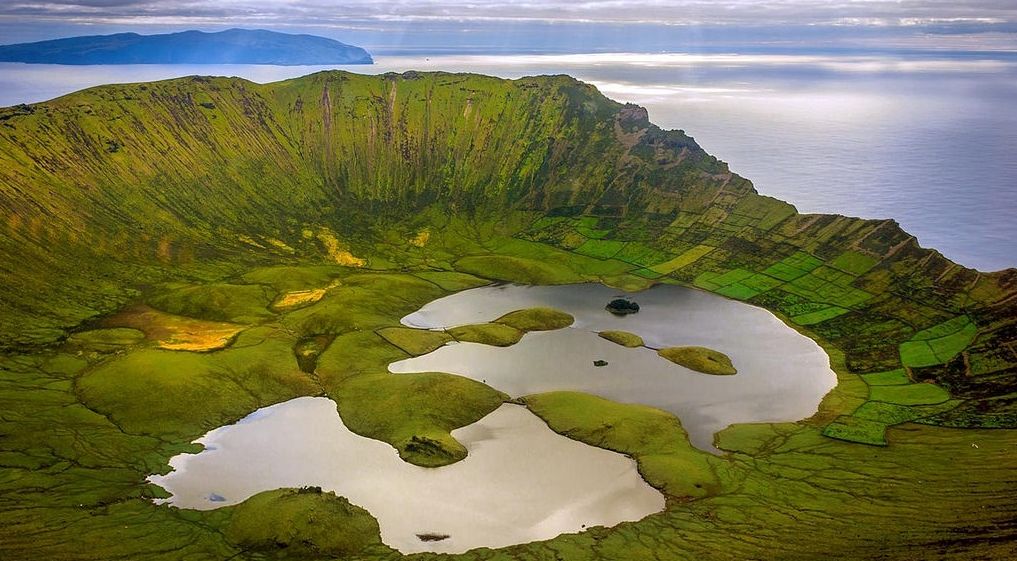

Portugal 5 Places to Visit You Have Never Heard
St. John the Baptist Fort São João Baptista Fort, or Fortress, is located on the beautiful island of Berlenga. The small Berlengas... -


10 most beautiful places in Portugal
The Piódão Village is considered one of the most beautiful in the country, classified as “Historical Village of Portuga... -


This village was considered one of the most beautiful villages in Portugal
The mythical land of Templars, Dornes, on the banks of the river Zêzere, is full of nooks, crannies and secrets to discover. It is one of t... -
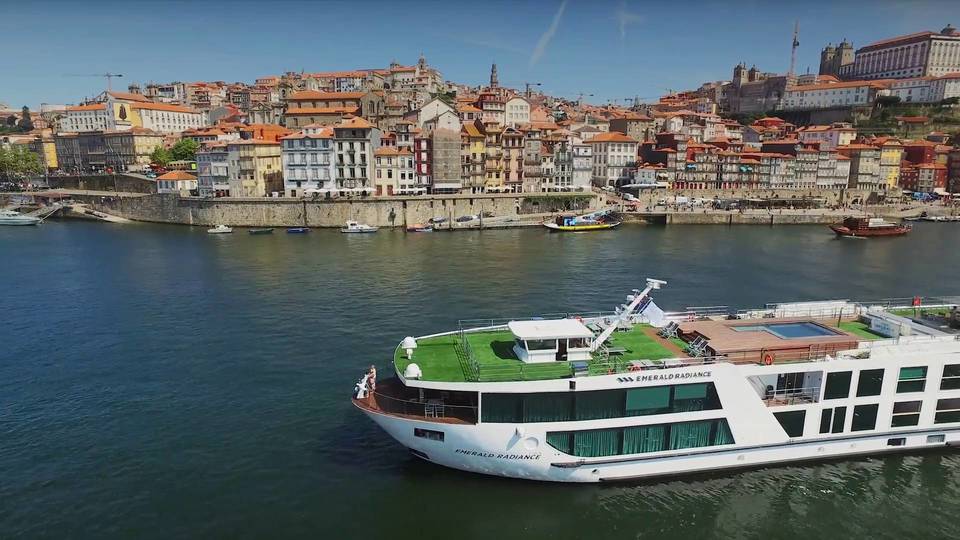

Panoramic Douro Cruise is a must-see luxury trip Portugal
Is there anything as fascinating as preparations for a long trip? There is a buzz of activity on the wharf as supplies are loaded, luggage is car...
